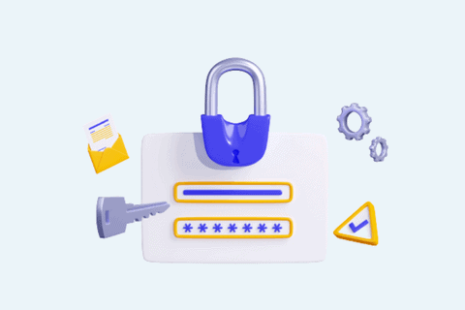Illinois Supreme Court Rules Employees Are Protected By BIPA Upon Each Collection of Biometric Data
- Home
- Self-Check Blog
- Self-Check
- Illinois Supreme Court Rules Employees Are Protected By BIPA Upon Each Collection of Biometric Data

March 13, 2023
In February, the Illinois Supreme Court announced that Biometric Information Privacy Act (BIPA) violations do accumulate. This Act protects employees who must provide biometric identifiers, such as fingerprints, as part of a background screening for jobs and other purposes. The claims will include unlawfully collected, handled, safeguarded, stored, retained, and destroyed biometric identifiers.
The Court found that the defendant’s fingerprint identification process must collect the employees’ fingerprints with each scan for it to work correctly. As a result, the employer could not entirely avoid the employee’s allegations of repeated BIPA violations. However, healthcare workers may soon see an exemption to BIPA regulations.
This potential change is because the Illinois General Assembly filed HB 1230, which would amend BIPA. This amendment would exempt healthcare employers, thus protecting them from future BIPA violation lawsuits. Healthcare employers are often vulnerable to these lawsuits due to being required to conduct fingerprint-based background checks. Though the healthcare industry already has an exemption to BIPA, the Illinois Supreme Court clarified that this exception applied to patient data, not employee data.
As such, passing HB 1230 would narrow the scope of BIPA and protect healthcare employers. For example, many healthcare employers run fingerprint-based background checks due to the Health Care Worker Background Check Act (HCWBCA). HB 1230 would exempt these employers from BIPA regulations. However, the exemption applies if the employer processes the biometric data for employment or fraud prevention. In addition, they must have a documented process to delete the biometric data.
HB 1230 would consider many healthcare organizations as healthcare employers. It would include nurse agencies, community living facilities, owners or licensees of hospitals, home services agencies, and hospice care programs. Passing this Bill would also alter how the law covers health care employees compared to other employees, though it would still provide some protections. The requirement for healthcare employers to receive BIPA exemptions is one such protection.
Many hope these changes will encourage employers to take better care when protecting employees’ biometric data. In addition, many hope BIPA will provide more protections for employees from inappropriately collected data and biometrics that employers did not delete.
With these potential changes to privacy legislation under review, employees could see greater protections and improved, more accurate background checks when applying for work. However, even fingerprint-based background checks cannot guarantee completely accurate reports. The best way to ensure your data is correct is by running a self-background check. Self-checks can provide you with the data potential employers will see, letting you make corrections before they can see any incorrect data.
Click here to run a self-background check and get ahead of the process.
